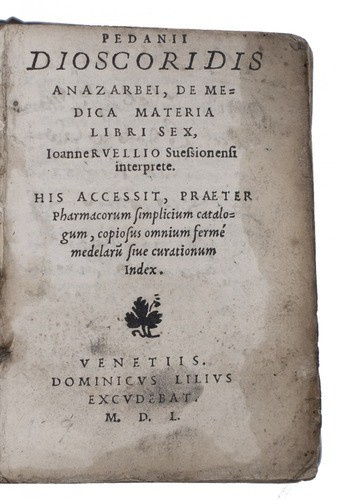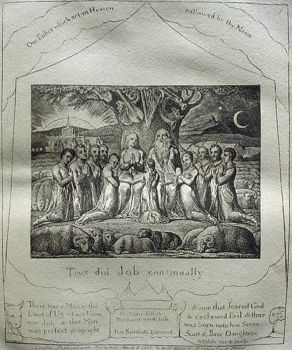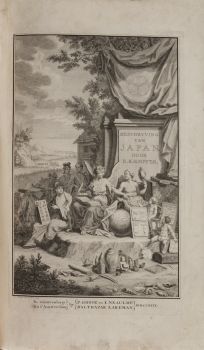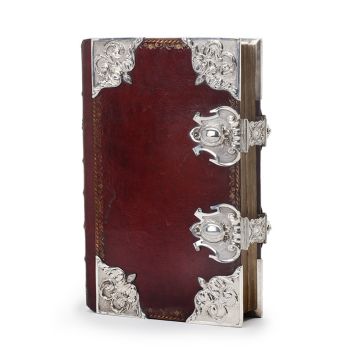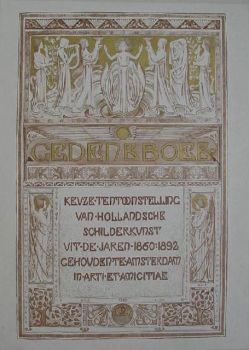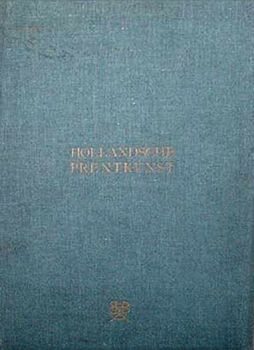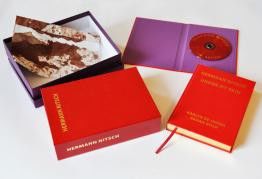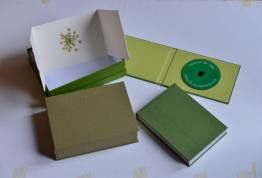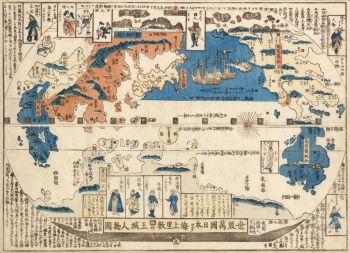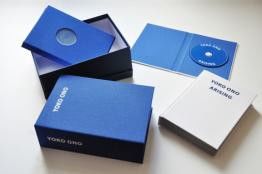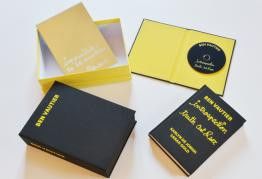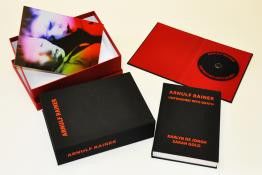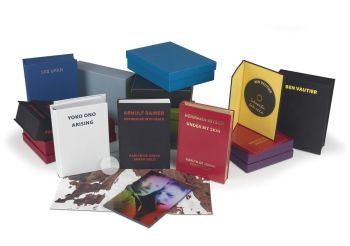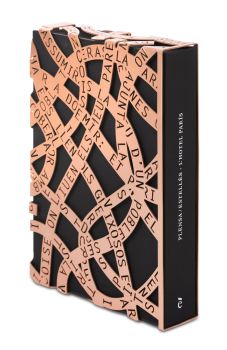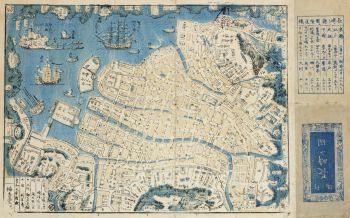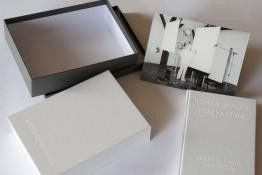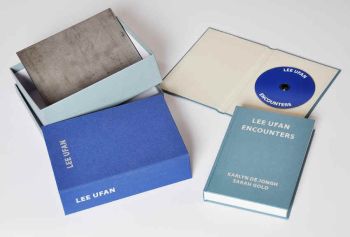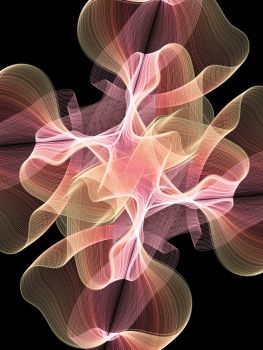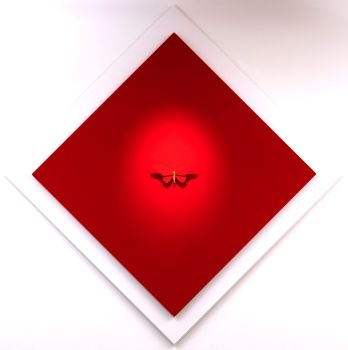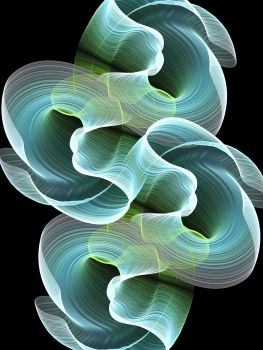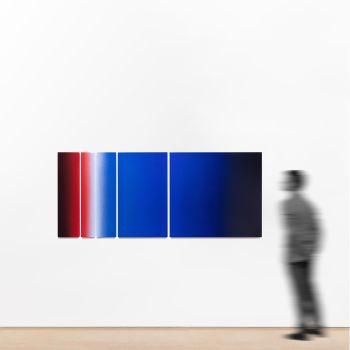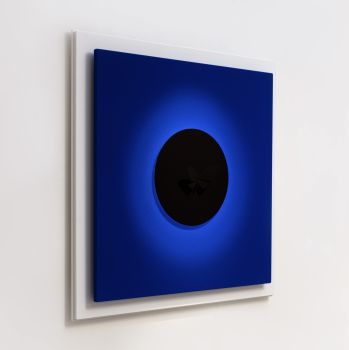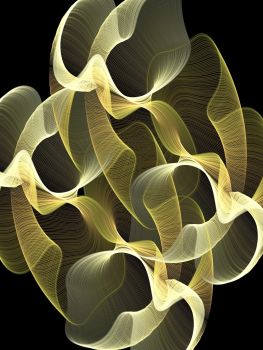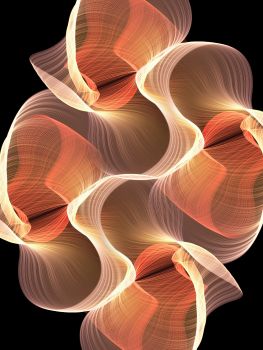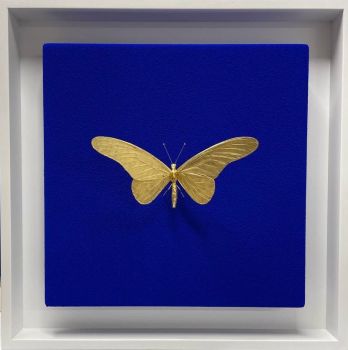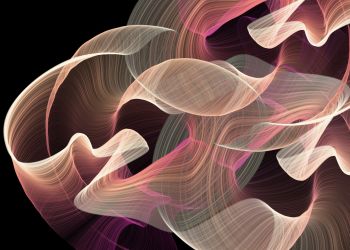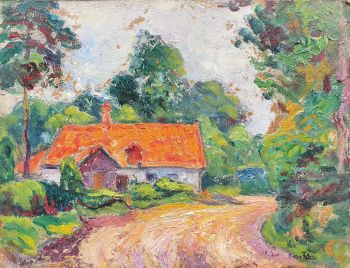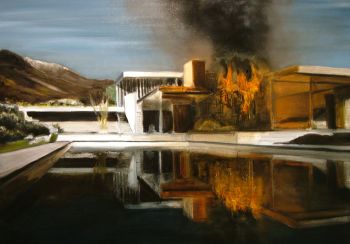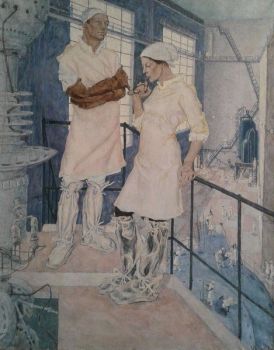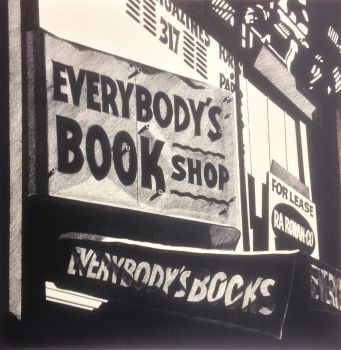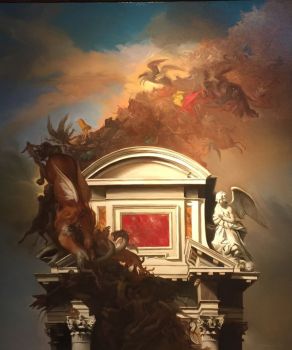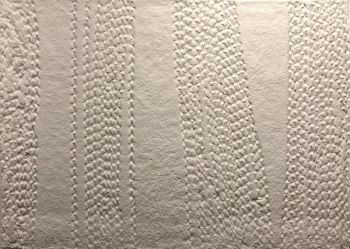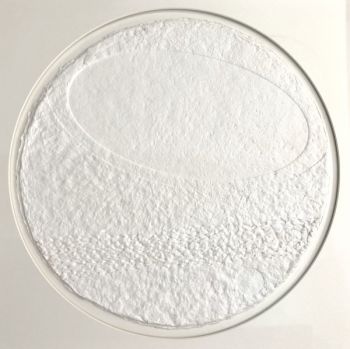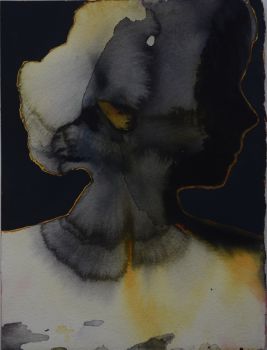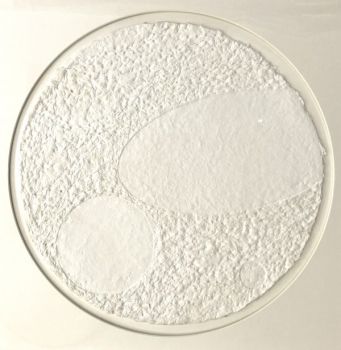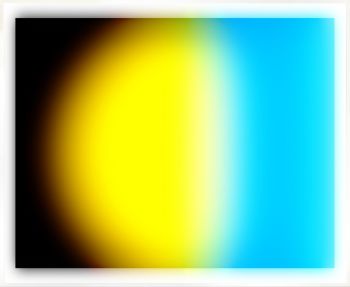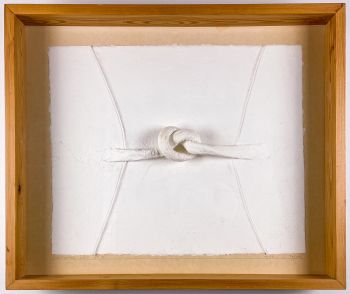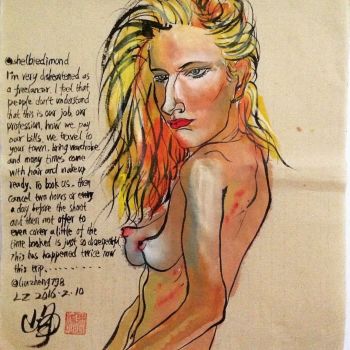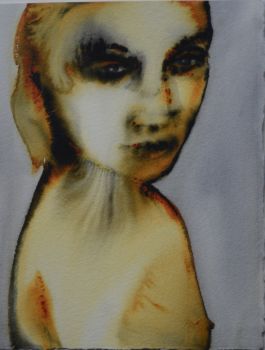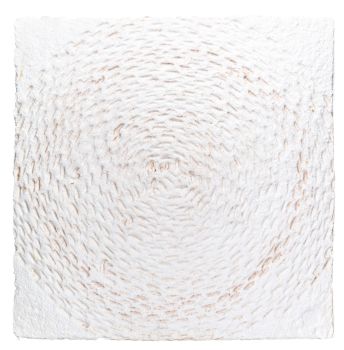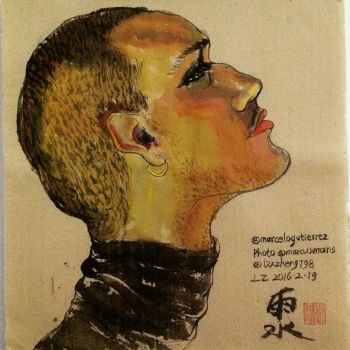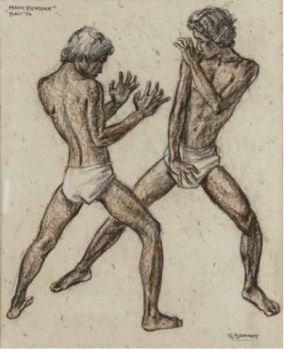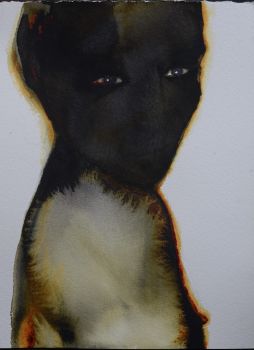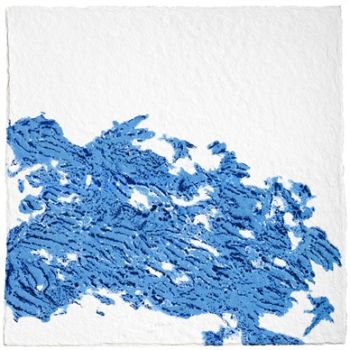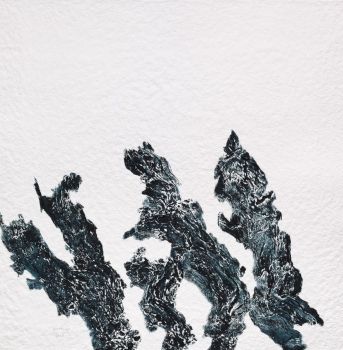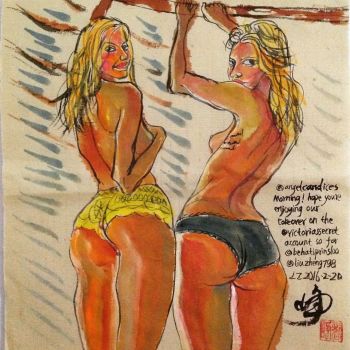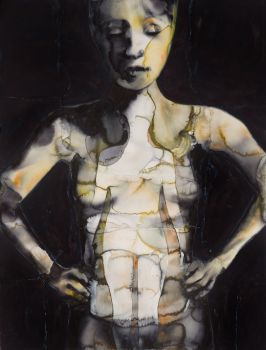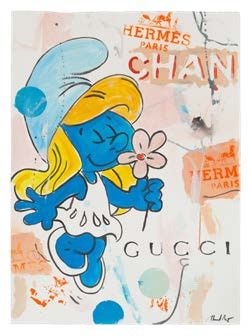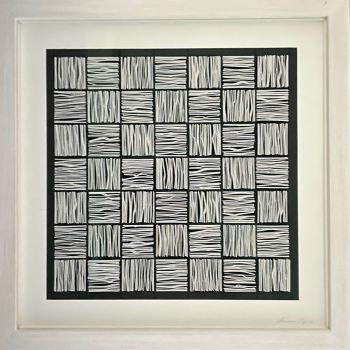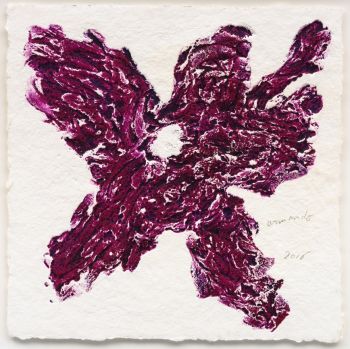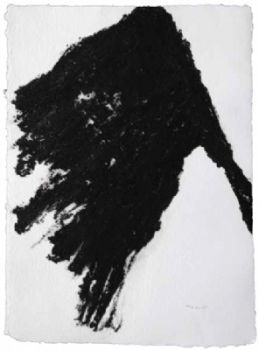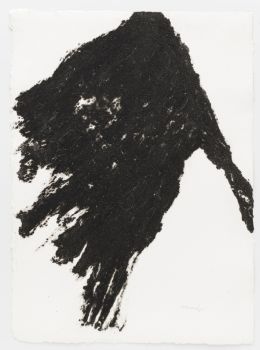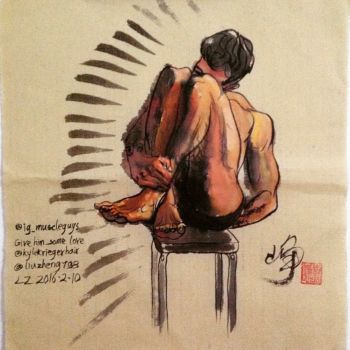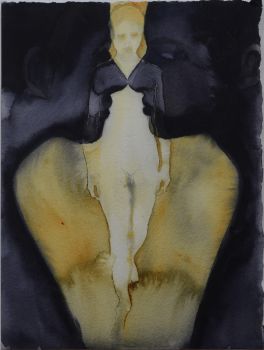"Dioscorides was held in great esteem by all the physicians and scholars in the Islamic period" 1550
Pedanius Dioscorides
CartaCarta fatta a manoPelle
Attualmente non disponibile tramite Gallerease
- A proposito di opere d'arteDIOSCORIDES, Pedanius.
De medica materia libri sex, Ioanne Ruellio Suessionensi interprete.
Venice, Domenico Giglio, 1550.
16mo. Contemporary limp sheepskin parchment.
First Venice edition of a medical work by the Greek physician and pharmacologist Pedanius Dioscorides (c. 40-90), translated by the French physician Jean Ruel. His De materia medica, an encyclopedic work on herbal medicine, was his fundamental work, and can be seen as the precursor of the many later pharmacopoeias. As a Greek in the service of the Roman Empire, he assembled all that was then known concerning the medicinal uses of plants, animals and minerals, adding information from his own experience accompanying the Roman army to Spain, the Middle East, North Africa and elsewhere, where he came to know many Persian, Indian and other exotic medicines.
With the bookplate of Kenneth K. Mackenzie (dated october 1934) on verso side of last blank page and a library stamp on pastedown. First and last few leaves with marginal waterstain, minor browning and some occasional spots. Binding slightly damaged on spine, but overall a very good copy.
Durling 1154; USTC 827015; not in Adams; cf. Garrison, p. 109. - A proposito di opere artistaPedanius Dioscorides (Πεδάνιος Διοσκουρίδης) era un medico, farmacologo e botanico greco antico famoso per aver scritto il suo lavoro in cinque volumi De Materia Medica. Nel II secolo a.C., Dioscoride osservava: "Il piombo fa cedere la mente". Il magnum opus De Materia Medica di Dioscoride ebbe un enorme impatto sulla tossicologia. Identificò le proprietà farmacologiche, gli effetti riparatori e la composizione strutturale (come meglio poteva) di oltre cento piante precedentemente sconosciute ai medici romani e greci. Ha anche discusso di oltre 500 piante conosciute che molto probabilmente sono state scoperte durante le conquiste militari di Alessandro Magno. Fino al XVII secolo, Dioscoride era la principale fonte di erbe medicinali e farmacologia vegetale. Una versione tradotta è stata ristampata nel 1933 ed è ancora una preziosa fonte di informazioni su diversi rimedi naturali. Dioscoride era un medico, farmacologo e botanico greco antico che praticava a Roma ai tempi di Nerone. Ha avuto l'opportunità di viaggiare molto, alla ricerca di sostanze medicinali da tutto il mondo romano e greco. Divenne famoso per aver scritto la sua opera in cinque volumi De Materia Medicina. Il libro, oltre a diventare una delle opere più influenti sull'uso erboristico della storia, è diventato un precursore di tutte le farmacopee moderne. In esso, Dioscoride cataloga le diverse erbe e tecniche usate dai greci, dai romani e dalle altre culture da lui studiate. Il libro rimase la fonte cardinale di informazioni sulla fitoterapia fino al 1600.
Artwork details
Categoria
Soggetto
Materiale e Tecnica
Related artworks
Engelbert Kaempfer
IL LIBRO DI ENGELBERT KAEMPFER1651 - 1716
Prezzo su richiestaZebregs & Röell - Fine Art - Antiques
Tilmanus Nicolaus Maastricht
Missale Romanum con fornimenti d'argento olandesi1788 - 1792
Prezzo su richiestaJacob J. Roosjen SRI
Antonie Derkinderen
Memory book Exhibition of Dutch Painting1892
Prezzo su richiestaKunsthandel Pygmalion
Hermann Nitsch
"UNDER MY SKIN" Signed book incl. small artwork and DVD in a matching box2010 - 2014
Prezzo su richiestaGallerease Selected
Antonie Derkinderen
Memory book Exhibition of Dutch Painting1892
Prezzo su richiestaKunsthandel Pygmalion
Yoko Ono
YOKO ONO: "ARISING" SIGNED BOOK PLUS SMALL ARTWORK 2010 - 2014
Prezzo su richiestaGallerease Selected
Engelbert Kaempfer
IL LIBRO DI ENGELBERT KAEMPFER1651 - 1716
Prezzo su richiestaZebregs & Röell - Fine Art - Antiques
1 - 4 / 22Cornelis Stroo
Outskirts of Amsterdam in wintertime1860 - 1932
Prezzo su richiestaKunsthandel Pygmalion
1 - 4 / 24- 1 - 4 / 24

